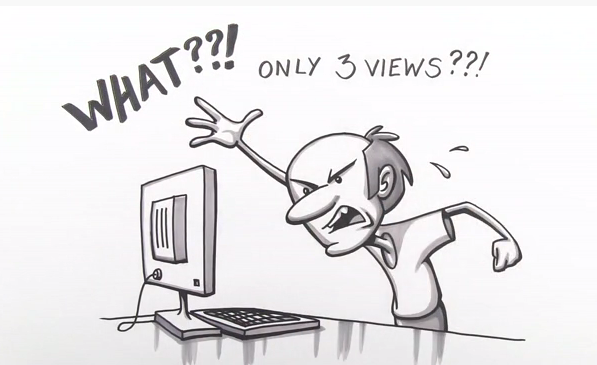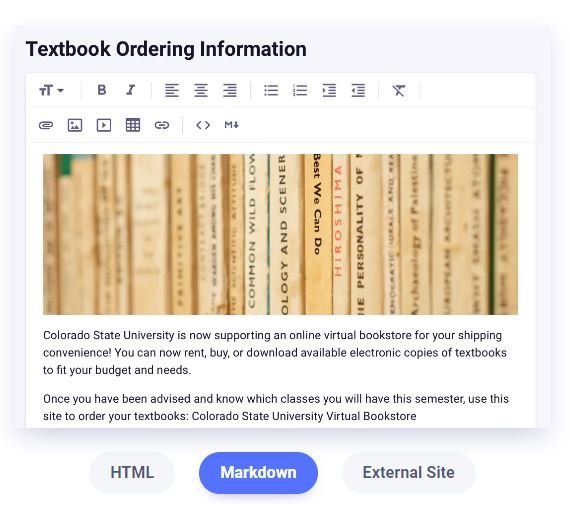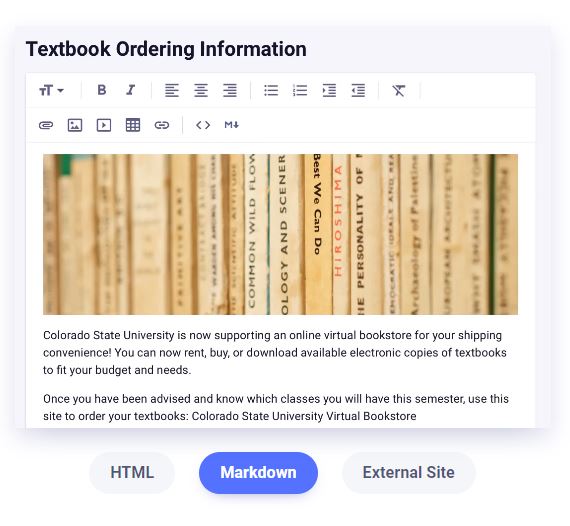Aleksander Solzhenitsyn, the Nobel Prize-winning author whose novels chronicled the daily horrors of life in Soviet gulags, chronicled his prison camp experiences on stray scraps of paper. Once he memorized what he had written, he would destroy the scraps.
By 1962, no longer a prisoner in those camps, Solzhenitsyn recounted those memorized scraps onto long form papers and was able to publish his novel, “One Day in the Life of Ivan Denisovich.” The story was an account of an innocent man’s experiences in a political prison camp, enduring brutal conditions while taking solace from tiny pleasures, like a cigarette, or extra soup.
They say that Content is King.
There was a time when written content was so rare and so desirous, it birthed the professor and the university. After all, the first professors were simply people who could afford a (likely single) book with the ability to read it. Others would gather together to have the book read, seeing the first classes of students and teachers.
Throughout history, we have seen the power of the written word. Whether the 95 Theses of Martin Luther; the Magna Carta’s establishment (for the first time) of the principle that everybody, including the king, was subject to the law; or our very own Declaration of Independence announcing our country’s autonomy, content is powerful.
More recently, we have seen that power is in need of (as our favorite web-slinging hero would say) great responsibility. In the last election we saw what can happen when content is directed at people, based on some data-mining, in order to amplify or persuade.
 But there is another, not so nefarious side to the content discussion. On the other side of the continuum is the problem educators and administrators have faced for years. Students hate to read…just about anything. We can even have our phones or laptops read to us if we choose, yet from textbooks to forms to information letters to policies, the web is littered with unread school content. We can lament the irony of the most well-read society in history hating to read later, we have a real problem on our hands!
But there is another, not so nefarious side to the content discussion. On the other side of the continuum is the problem educators and administrators have faced for years. Students hate to read…just about anything. We can even have our phones or laptops read to us if we choose, yet from textbooks to forms to information letters to policies, the web is littered with unread school content. We can lament the irony of the most well-read society in history hating to read later, we have a real problem on our hands!
It is a problem that Campus wants to help solve.
The past three months have seen a flurry of activity here at Campus.app. We are fully embracing having a (truly) world-class CTO who some of the top companies on the planet try to woo. He has “unleashed” our development team which has produced an increased enhancement velocity and regular cadence of updates, while keeping the platform as stable and secure as ever. One such advancement, is the introduction of Pages.
The brilliant part about Pages was the genuine, team effort. A major benefit of being an early-growth company customer is the ability to influence the product so directly. We had several partners come together to craft the Pages solution, ensuring a fit for higher education’s needs. At the same time, we had a bit of internal consultation from our CAO, our CEO, and our Director of Partner Success, and voila! A really powerful solution.
Just like Groups and Tools, content can be created as well as served up in multiple ways. Administrators can create pages using HTML, Markdown, or by leveraging a CMS (think Drupal or Owler). At the same time, schools can redirect students to other sites, provide forms, or display the page outside the portal.
 The content itself can be delivered to exactly the right people at exactly the right time. Whether role based or persona based, Pages can display or simply be made available to some users, while not others. In other words…
The content itself can be delivered to exactly the right people at exactly the right time. Whether role based or persona based, Pages can display or simply be made available to some users, while not others. In other words…
You might provide a crucial, financial reimbursement form to your military students. Check. Want to give Faculty Senate members access to the folder containing agendas, minutes, and other files, ensuring nobody else has access? Pages does that. Need to put Study Tips (including links out to the Writing Center and the Tutoring group) in front of at-risk students the moment they are identified as at-risk? Pages can do that too.
So, just like Campus connects everyone with all systems and people at the institution, it connects everyone with content too. Search for content, track content usage, and/or see content delivered to just the right people at just the right time.
Luckily we don’t have to memorize notes to create books later in life anymore. But our unprecedented access to content has meant desensitization and taking the written word for granted. It’s time to use technology wisely to promote the right stuff again.
Content is King. Long live content.
Want to hear more about Pages? Contact the Campus team about our latest enhancements or anything else that turns your portal into a modern, digital campus, with ROI.
